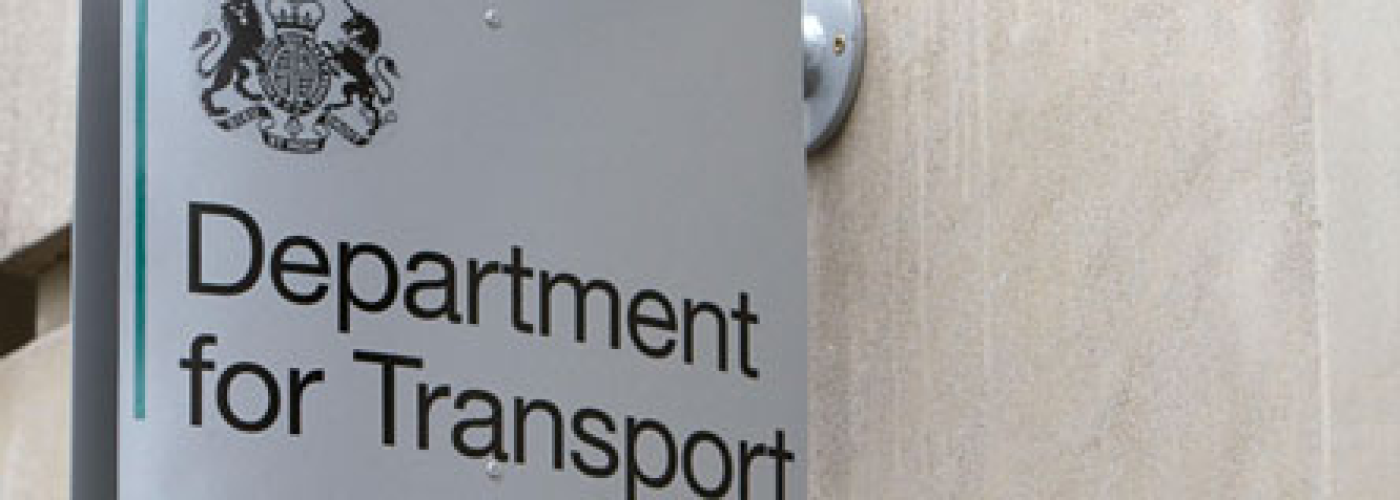Chancellor George Osborne has hacked into the spending power of the Department for Transport (DfT).
Osborne said the DfT was one of four that had agreed to cut their revenue spending by an average of 30% over the next four years.
His announcement comes ahead of the 25 November spending review, when the government will outline spending plans for the rest of this parliament.
The chancellor insisted the latest budget cuts would not impact on the £100bn infrastructure spend promised last week.
“I can report to you that – with the support of my brilliant colleague Greg Hands, the chief secretary to the Treasury – we have reached provisional agreement on the spending plans of four government departments,” said Osborne.
As well as the DfT, the deal applies to the Department for Environment, Food and Rural Affairs, the Department for Communities and Local Government, and the Treasury.
“The resource spending – that is the day-to-day spending of those four departments – will be cut by 30% on average in total over the next four years,” said Osborne.
“These savings will be achieved by a combination of further efficiencies in departments, closing low value programmes, and focusing on our priorities as a country.”
He insisted the cuts did not apply to capital spending.
“As I set out last week at the launch of the National Infrastructure Commission, we will continue to invest in the things that make our economy more productive,” Osborne said.
“We will spend £100bn on our infrastructure over the parliament – updating our roads and railways; investing in flood defences to protect our homes and businesses; and delivering superfast broadband across the country.”
Further details of how the departments will achieve their spending cuts, and what they will spend their capital budgets on, will be revealed at the spending review.
The ICE called in September for the ministers to protect infrastructure spending and to include cash for maintenance and repairs in initial budgeting.





